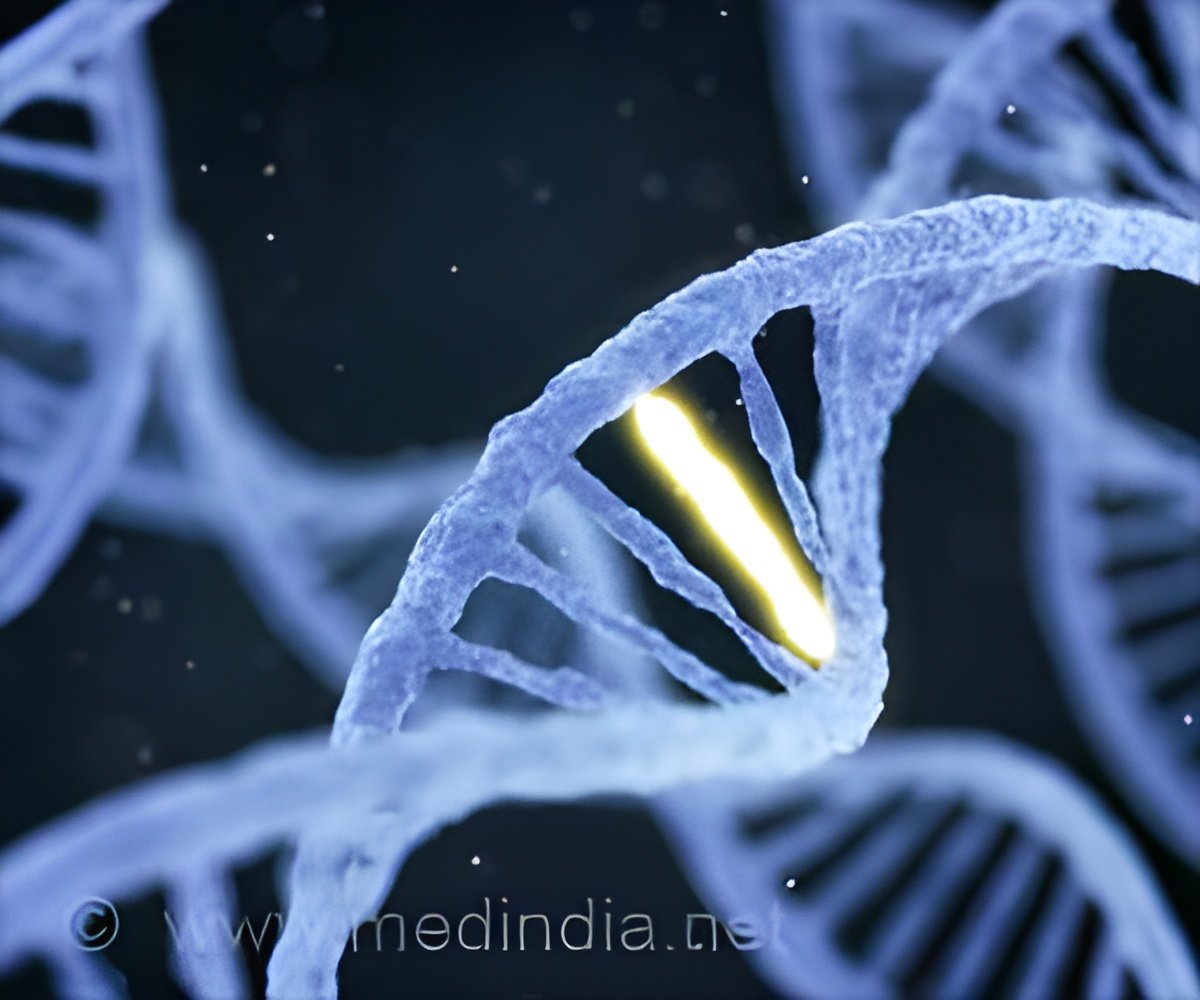Detection of single molecules of biomarkers using aptamers or synthetic DNA molecules help in early diagnosis.

‘Nanopores or miniscule holes that measure a change in electrical current detect the synthetic DNA that binds to specific target biomarkers.’





Dr Alex Ivanov, co-leader of this study from the Department of Chemistry at Imperial, said: "The detection of single molecules of biomarkers represents the ultimate in sensitivity for early diagnosis. We have now shown that this is possible to perform such measurements in real human samples, opening up the potential for meaningful early diagnosis." Synthetic DNA To Target Biomarkers
The method the team developed uses the ’backbone’ of DNA, the structure it is built around. They grafted ’aptamers’ - synthetic DNA molecules that bind to specific target biomarkers - to DNA backbones.
When added to human serum, the aptamers bind to biomarkers before being analysed by passing through a nanopore detector. Nanopores are miniscule holes (often as small as a few billionths of a meter) that measure a change in electrical current as molecules pass through them. Each biomarker has a unique current signature, so the presence and concentration of target biomarkers can be analysed in this way.
The team demonstrated that their system can work by testing three aptamers on one DNA backbone. They found that the nanopores can detect the specific biomarkers that the aptamers were designed to pick up.
Advertisement
Based on the preliminary findings of this study, research efforts are now focused on several types of cancer and neurological disorders, which can benefit from the detection of biomarkers that are in low abundance in clinical samples.
Advertisement
Dr Jasmine Sze, who completed this study as part of her PhD in the Department of Chemistry and has recently moved to the IMED Biotech at AstraZeneca said "Looking forward, with the rapid growth in nanotechnology and nanopore technology, this innovative platform could pave the way for the next wave of clinical applications.
"It has great potential for biomarker discovery, development of companion diagnostics as well as clinical endeavours, such as direct diagnosis, prognosis and sub-type classification with single-molecule sensitivity."
Source-Eurekalert













